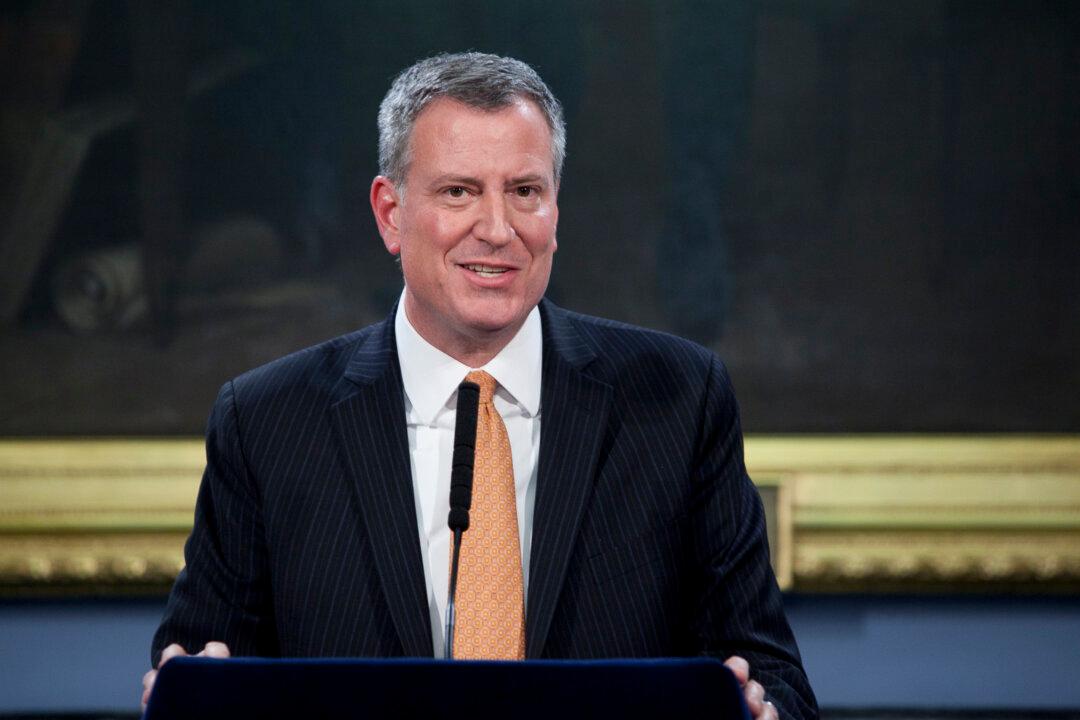Fifty-one mayors signed on to endorse the Comcast-Time Warner merger last week, but Mayor Bill de Blasio was not one of them.
Instead, de Blasio sent the Federal Communications Commission a nine-page letter Monday raising concerns as to what this merger would mean for New Yorkers without access to broadband.
The possibility of higher rates could put disadvantaged New Yorkers in an even more disconnected position, according to the mayor, who asked the FCC to consider approving the merger on the condition of several public interest suggestions.
“Reliable high-speed Internet access is no longer a luxury, but a necessity for connecting people to job opportunities and critical services, helping to support economic and business development in our cities,” de Blasio stated.
“The contemplated merger between Comcast and Time Warner Cable has particularly serious implications for those who are least likely to have access to high-speed Internet—among them the low-income, elderly and disabled residents, and people of color.”
“Comcast needs to make demonstrable commitments to expand accessibility to underserved residents, upgrade infrastructure, improve customer service, and protect and promote an open Internet before merging with Time Warner.”
As public advocate, de Blasio spoke out for broadband equity. As mayor, he made his general counsel hire Maya Wiley of the Center for Social Inclusion to advance that very agenda in New York City.
See NYC Broadband Map here
In a letter addressed to Tom Wheeler, FCC Chairman, de Blasio makes pushes for more options for low-income consumers, net neutrality, and rate transparency.
Comcast Corp. currently has a program for low-income consumers, but to- date only 12 percent of eligible families have signed up for the service.
To raise that rate, Comcast recently made an outreach effort and is offering six months of free service for families that sign up before mid-September, but de Blasio wrote the eligibility requirements may still be too narrow.
For instance, he states, the requirement that the households have a free or reduced-priced lunch-eligible child, prevents elderly individuals from enrolling.
De Blasio also cited previous service gaps and urged the FCC to make the companies address the quality of service going forward.
Mayor de Blasio’s Recommendations Include:
- Affordable access for low-income and other underserved residents, including the elderly and persons with disabilities
- Transparent accounting of rate changes
- Improved customer service and notification
- Timely upgrading of infrastructure to fiber optic cable
- Expansion of affordable broadband infrastructure and services to geographic locations where they are lacking
- Support for municipal access and resiliency initiatives
- Meaningful and stable support for public, educational and government channels
- Protection and promotion of an open Internet, through Net Neutrality commitments





